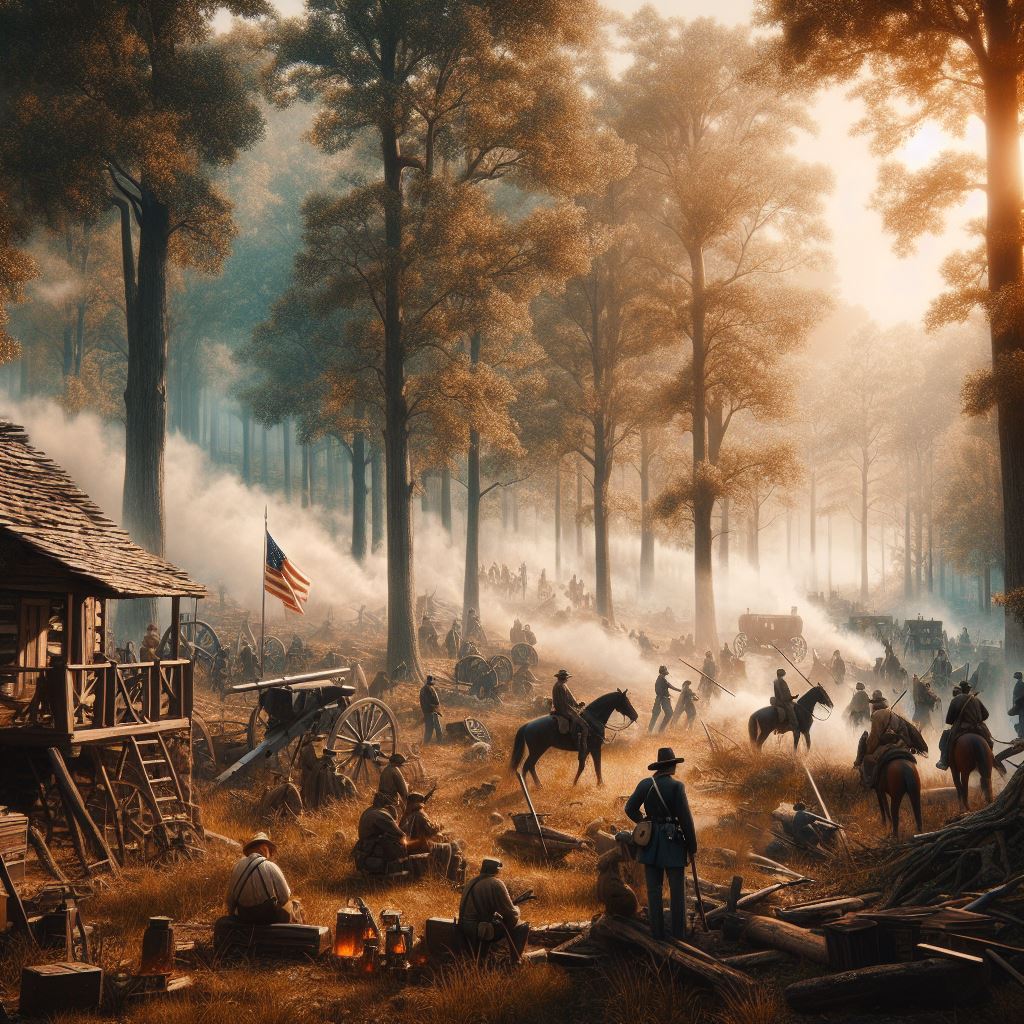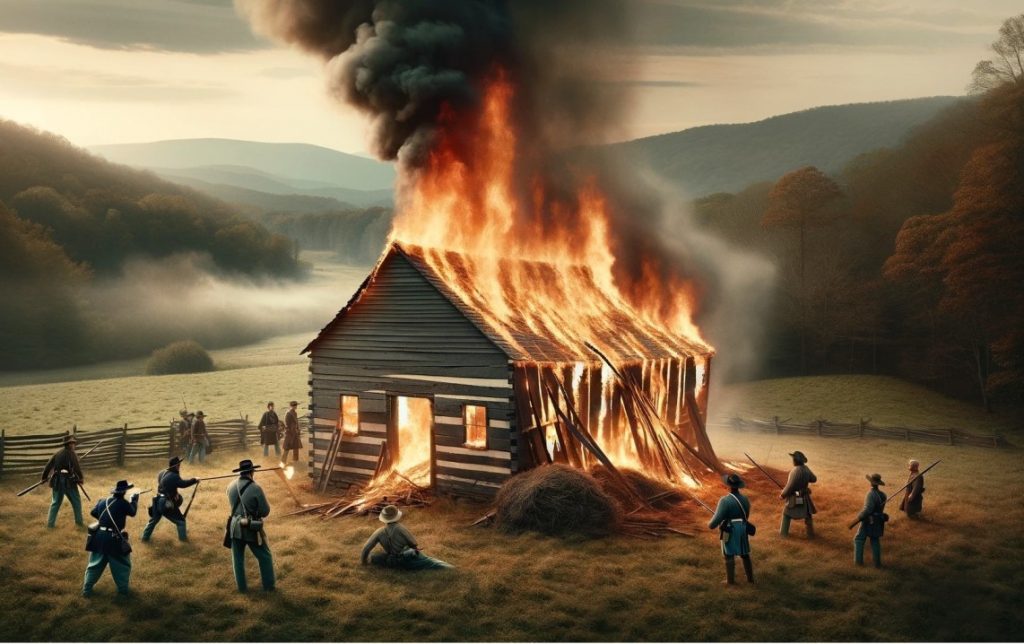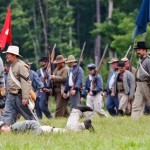
Civil War in Cades Cove
Located just 50 miles from Knoxville, Tennessee, the Cades Cove area holds a significant place in the history of the Civil War. Tennessee, as a state, witnessed an extensive amount of Civil War action, second only to Virginia in the number of battlegrounds throughout the conflict.
The Underground Railroad:
Despite Tennessee’s secession from the Union to join the Confederates, not all of its residents supported this decision.
Residents in and around Maryville and Cades Cove were ardent abolitionists, making the area a stop on the Underground Railroad before the war. Some even went as far as to fight alongside Union soldiers in battles.
Confederate Target:
Earning a reputation as a pro-Union region, Cades Cove became a target for the Confederate Army. The community united, using abolitionist children as lookouts to warn of approaching Confederates in strategic spots along the valley.
Earning a reputation as a pro-Union region, Cades Cove became a target for the Confederate Army. The entire community rallied behind their cause, employing the children of abolitionists as lookouts at strategic spots along the valley to warn residents of incoming Confederates.
Raided and Ravaged:
Most notably, the settlement endured a series of brutal raids in 1863, during which Confederate soldiers confiscated livestock and targeted anyone suspected of sympathizing with the Union. Cades Cove endured barn burnings and other menacing acts by Confederate soldiers during the war, prompting pro-Union leaders to hide.

Russell Gregory’s Stand:
Exhausted by repeated raids, Russell Gregory, a prominent Cades Cove resident, organized a small fighting force of local men. Around Abrams Creek, which now stands as a popular trail destination within the Cades Cove Loop Road, Gregory and his men fought back a band of Confederate soldiers in order to put an end to the Cades Cove raids. Gregory’s effective battle, however, led to his subsequent targeting and death by the Confederate Army a few weeks later.
Post-War Recovery:
Like so many areas of the southern states, the small community at Cades Cove was devastated by the Civil War. While a care population remained in the remote Tennessee Valley, the region as a whole would take decades to recover. By the turn of the century, Cades Cove would once again find its footing as a productive, yet rural community.
Preserving History:
Today, this way of life has been preserved through the Great Smoky Mountains National Park along the Cades Cove Loop Road. Each year, hundreds of thousands of visitors discover this remote area to learn about its colorful past.
